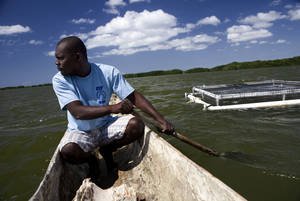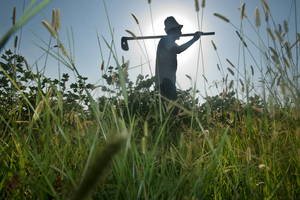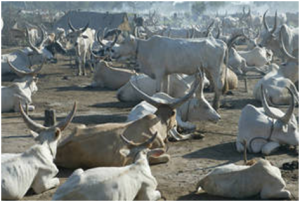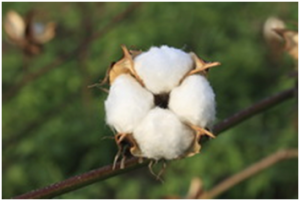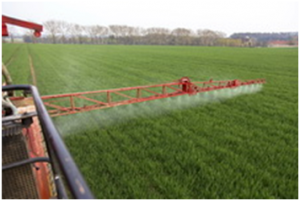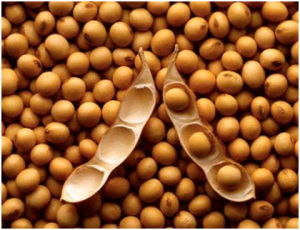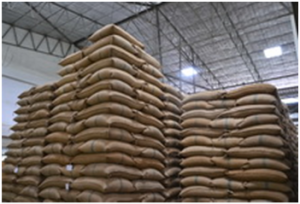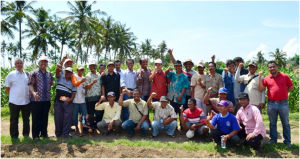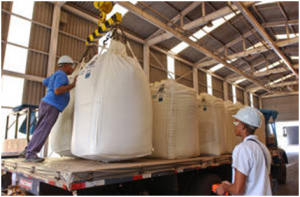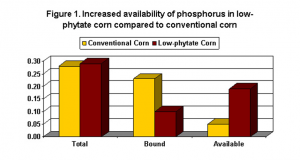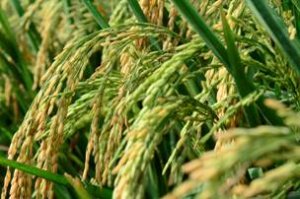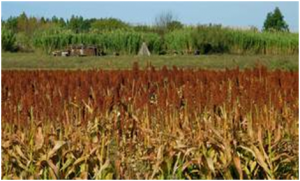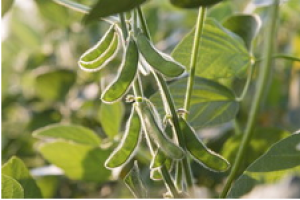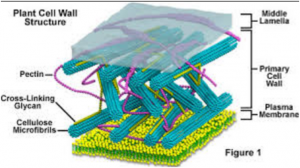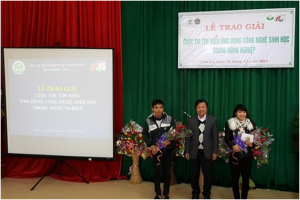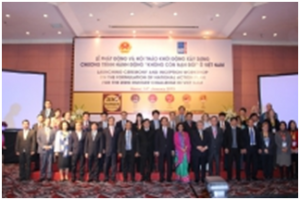|
Zambian Biotech Experts Chart the Course for Genome Editing in the Country
Friday, 2024/05/24 | 08:32:36
|
|
Misinformation and poor public perceptions about modern biotechnology could derail Africa's bid to tap into the potential of genome editing to increase agricultural productivity in the face of climate change. This emerged during a biotechnology workshop for Zambian biotech scientists and regulators co-organized by the International Institute of Tropical Agriculture (IITA), the University of California-Davis, AUDA-NEPAD, and ISAAA AfriCenter. The workshop was held in Lusaka from May 13-15, 2024.
Stakeholders attending the workshop lamented that low genetic literacy levels in Zambia have rendered the public vulnerable to misinformation about agricultural biotechnology. They called for establishment of a robust biosafety awareness program to sensitize the masses and allay any fears about the technology. "Biotechnology is an emotive topic in the country that has elicited a protracted debate. Interestingly, those involved in such debates are not informed about biotechnology," said Dr. David Chikaye of IITA, Zambia.
Zambia, a signatory to the Convention on Biological Diversity and a party to the Cartagena Protocol has a functional and competent biosafety regulatory authority – the National Biosafety Authority. The country's Biotechnology and Biosafety Policy enacted in 2003 has been reviewed and submitted to the Cabinet. It now awaits approval before it is rolled out.
The Biosafety Authority is looking forward to developing genome editing guidelines and reviewing the country's Biosafety Act. "We are positioning Zambia to align with the current biosafety regulatory trends. The NBA also has a mandate to create biosafety awareness and sensitization for different stakeholders including policy makers and government officials. We are revamping this awareness program," remarked Sandra Lombe, NBA's Communication Officer.
Biotech experts in the country have identified genome editing as a viable tool in addressing vagaries of climate change, especially in developing climate-smart crops. They have asked the authorities to prioritize establishment of a genome editing framework for scientists to start research in this area. Plant breeders need all of the tools to create climate-resilient varieties—a dire need in light of losing 80% of the maize crop this year to drought.
The experts made a clarion call for strengthening of the country's human and infrastructure capacity for the population to benefit from genome editing. "Targeted post-graduate training courses for scientists and technicians in genome editing are among key priorities for building a robust genome editing research system in Zambia," said Dr. Kelvin Kamfwa, a legume breeder and senior lecturer at the University of Zambia. "Further, the country needs to invest in equipping our laboratories with cutting-edge equipment so that we are not left behind in utilizing this new breeding tool in research," he added.
The participants shared valuable insights and perspectives on crop biotechnology and proposed a wide range of policy, regulatory and infrastructural recommendations for moving genome editing research and narrative forward. The three-day event was part of a series of biotechnology workshops aimed at facilitating conversations on the prospects of genome editing in Africa. "The workshops aim to facilitate and advance conversations between in-country scientists and regulators on the topic of genome editing," remarked Dr. Allen Van Deynze, Director at the Seed Biotechnology Center and Scientific Director at the African Orphan Crops Consortium in the University of California-Davis. The first workshop was held in Nairobi from May 8-10, 2024. The next forum will happen in Maputo in June.
ISAAA AfriCenter conducts capacity building programs in science communication. For more information, contact Dr. Margaret Karembu at mkarembu@isaaa.org See https://www.isaaa.org/kc/cropbiotechupdate/article/default.asp?ID=20830
|
|
|
|
[ Other News ]___________________________________________________
|


 Curently online :
Curently online :
 Total visitors :
Total visitors :
